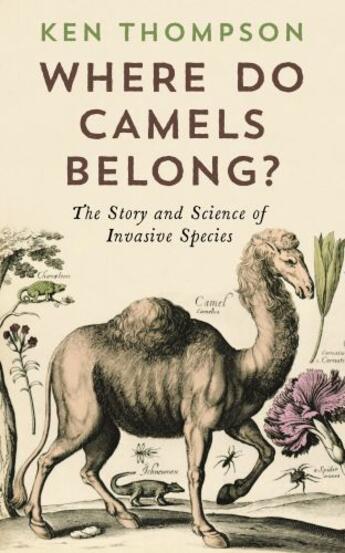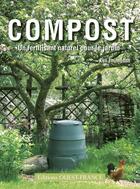-
Nombre de pages : (-)
-
Collection :
(-)
-
Genre :
(-)
-
Thème :
Non attribué
-
Prix littéraire(s) :
(-)
Résumé:
Where do camels belong? In the Arab world may seem the obvious answer, but they are relative newcomers there. They evolved in North America, retain their greatest diversity in South America, and the only remaining wild dromedaries are in Australia.
This is a classic example of the... Voir plus
Where do camels belong? In the Arab world may seem the obvious answer, but they are relative newcomers there. They evolved in North America, retain their greatest diversity in South America, and the only remaining wild dromedaries are in Australia.
This is a classic example of the contradictions of 'native' and 'invasive' species, a hot issue right now, as the flip-side of biodiversity. We have all heard the horror stories of invasives, from Japanese knotweed that puts fear into the heart of gardeners to brown tree snakes that have taken over the island of Guam.
But do we need to fear invaders? And indeed, can we control them, and do we choose the right targets?
Ken Thompson puts forward a fascinating array of narratives to explore what he sees as the crucial question - why only a minority of introduced species succeed, and why so few of them go on to cause trouble. He discusses, too, whether our fears could be getting in the way of conserving biodiversity, and responding to the threat of climate change.
Donner votre avis















